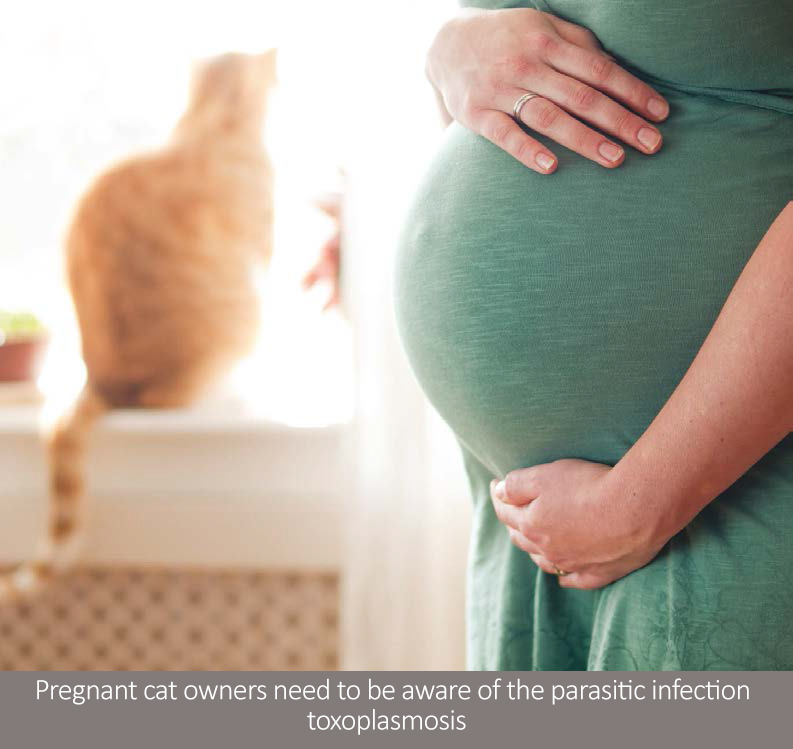One infection that is gaining recognition is Group B streptococcus, often referred to as GBS or strep B. Around one in four pregnant women are thought to have strep B colonising the gut or vagina.
The bacteria do not usually cause any problems in otherwise healthy people – although in vulnerable individuals, such as the elderly and immunocompromised, infections of the urinary tract, skin, blood, bones or respiratory systems may develop – but during pregnancy, they can cause miscarriage or stillbirth. Strep B can also be passed onto the unborn baby via the amniotic fluid or be transmitted during labour. In many cases nothing comes of it but, because babies are born with an immature immune system, there is an ever-present danger that the bacteria take hold and cause serious issues such as pneumonia or meningitis.
For this reason, pregnant women who are known to have GBS are usually offered intravenous antibiotics from the start of their labour and during childbirth to reduce the risk of transmission. Given that strep B is not routinely screened for during pregnancy, unlike, for example, HIV or sickle cell anaemia, how do women know whether they are strep B carriers?
For some, it is obvious, by dint of them having given birth to a baby with a strep B infection in the past. In certain cases, the infection may be picked up from a vaginal or rectal swab or a urine test carried out for another reason. A woman who goes into premature labour or develops a fever during childbirth may also be considered at risk.
Although pressure groups, such as Group B Strep Support, have been set up to lobby for automatic strep B screening in pregnancy, neither the UK National Screening Committee (UK NSC) nor the Royal College of Obstetricians and Gynaecologists (RCOG) support such an approach. Reasons cited include the high number of babies born infection-free despite their mothers being strep B carriers, uncertainty about the best time to undertake GBS testing and the antibiotic resistance that could emerge from putting strep B positive women on antibacterial therapy even though it might not be necessary. See here for more details.
Another reason given by the UK NSC and RCOG is the lack of an accurate test for strep B. Women who decide to seek out private testing should look for somewhere that uses the enriched culture medium (ECM) method, as described by Public Health England’s UK standards for microbiology investigations.
Home testing kits are also available, which involve women taking swabs from the lower vagina and just inside the rectum at around 35-37 weeks of pregnancy and sending them for analysis. More information on this is available here.

